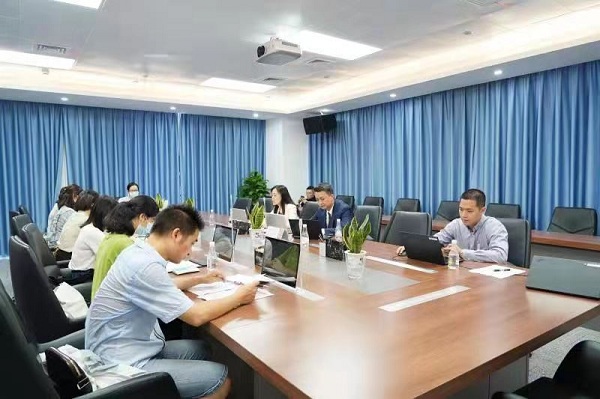PwC unveils China's merger, acquisition market in Nanning

The retrospect and prospect of China's merger and acquisition market in the first half of 2021 is released by PricewaterhouseCoopers (PwC) in Nanning on Aug 4. [Photo provided to chinadaily.com.cn]
The retrospect and prospect of China's merger and acquisition market in the first half of 2021 was released by PricewaterhouseCoopers (PwC) in Nanning, capital of Guangxi Zhuang autonomous region on Aug 4.
The document shows that the number of merger and acquisition deals conducted in China in the first six months of this year was 6,177, increasing by 11 percent compared with the number in the second half of 2020, setting a historical record.
China now plays a pivotal role in the global market as it currently accounts for 14 percent of the global merger and acquisition market in terms of deals and trade volume.
More development opportunities will be brought to China by the New Western Land-Sea Corridor, the Regional Comprehensive Economic Partnership and the Belt and Road Initiative to upgrade the global competitiveness of China's advantageous industries and outstanding companies.
"The trade volume that has been disclosed for domestic acquisition and equity financing projects in Guangxi amounted to over 10 million yuan ($1.58 million) in the first half of 2021, and has reached 25.56 billion yuan and the average volume for each project was 947 million yuan," said Gabriel Wong, the inbound and outbound leader of PwC China.
Wong added that Guangxi is expected to see more international and domestic cooperation in the economy and to increase competitive trade under the new development paradigm of dual circulation in which domestic and overseas markets reinforce each other with the domestic market as a mainstay.
Around 45 percent of the domestic acquisition and equity financing projects in Guangxi from January to June were inked in Nanning and a great majority of Guangxi's projects involved areas spanning manufacturing, public services and automobile industries.














